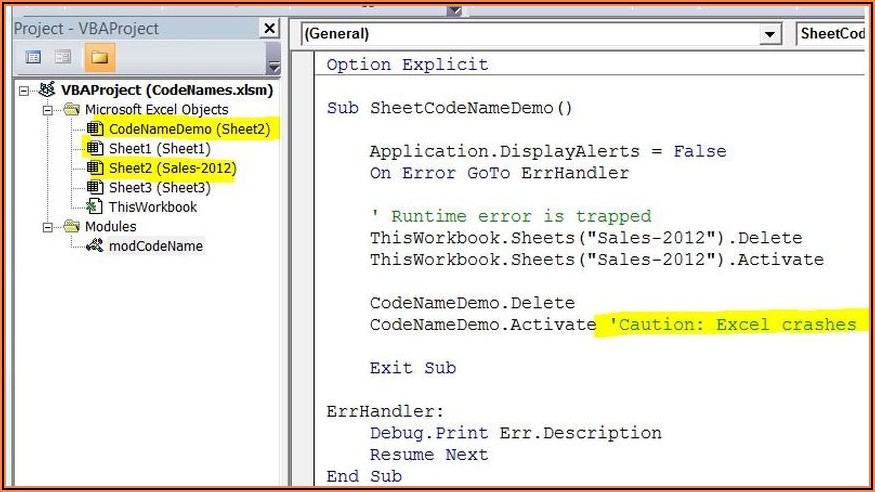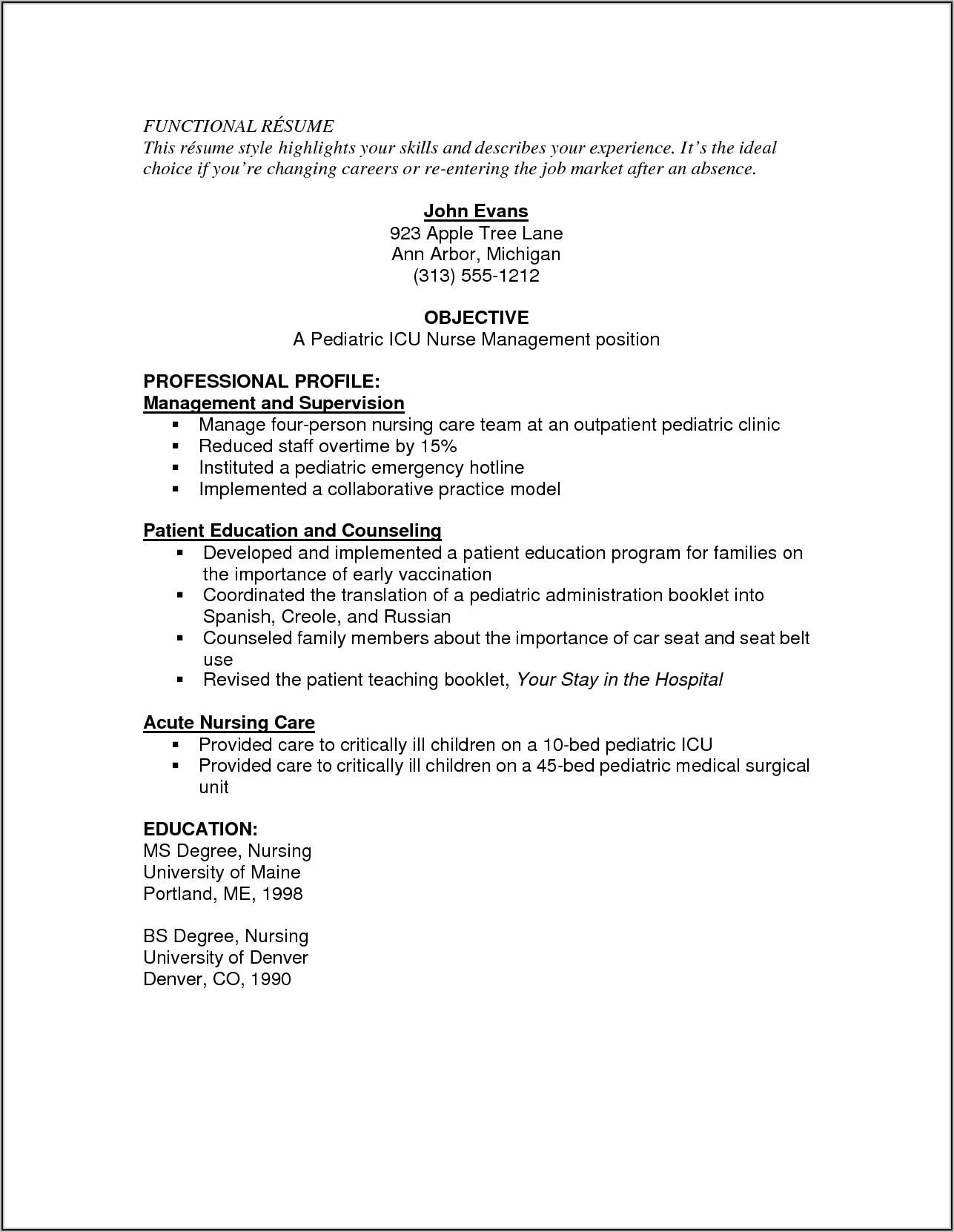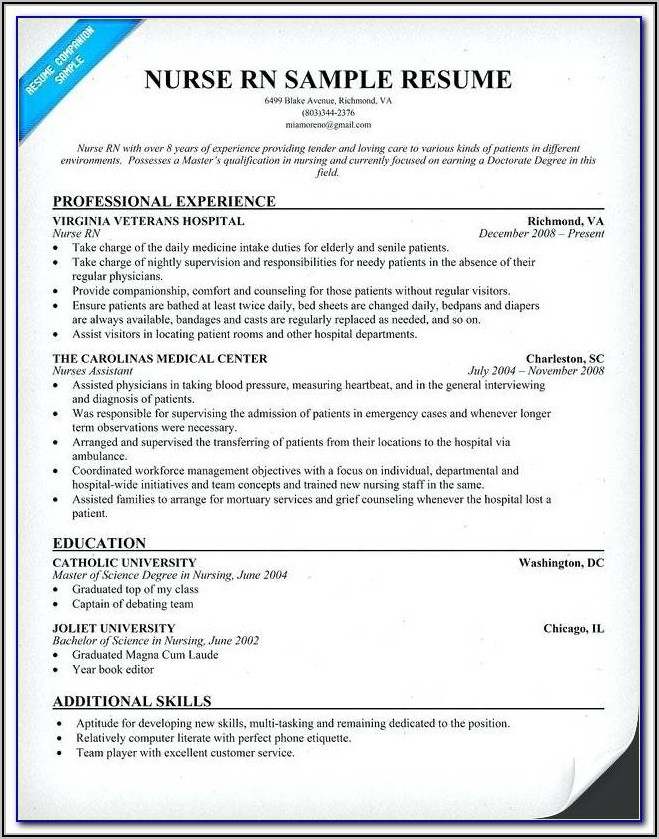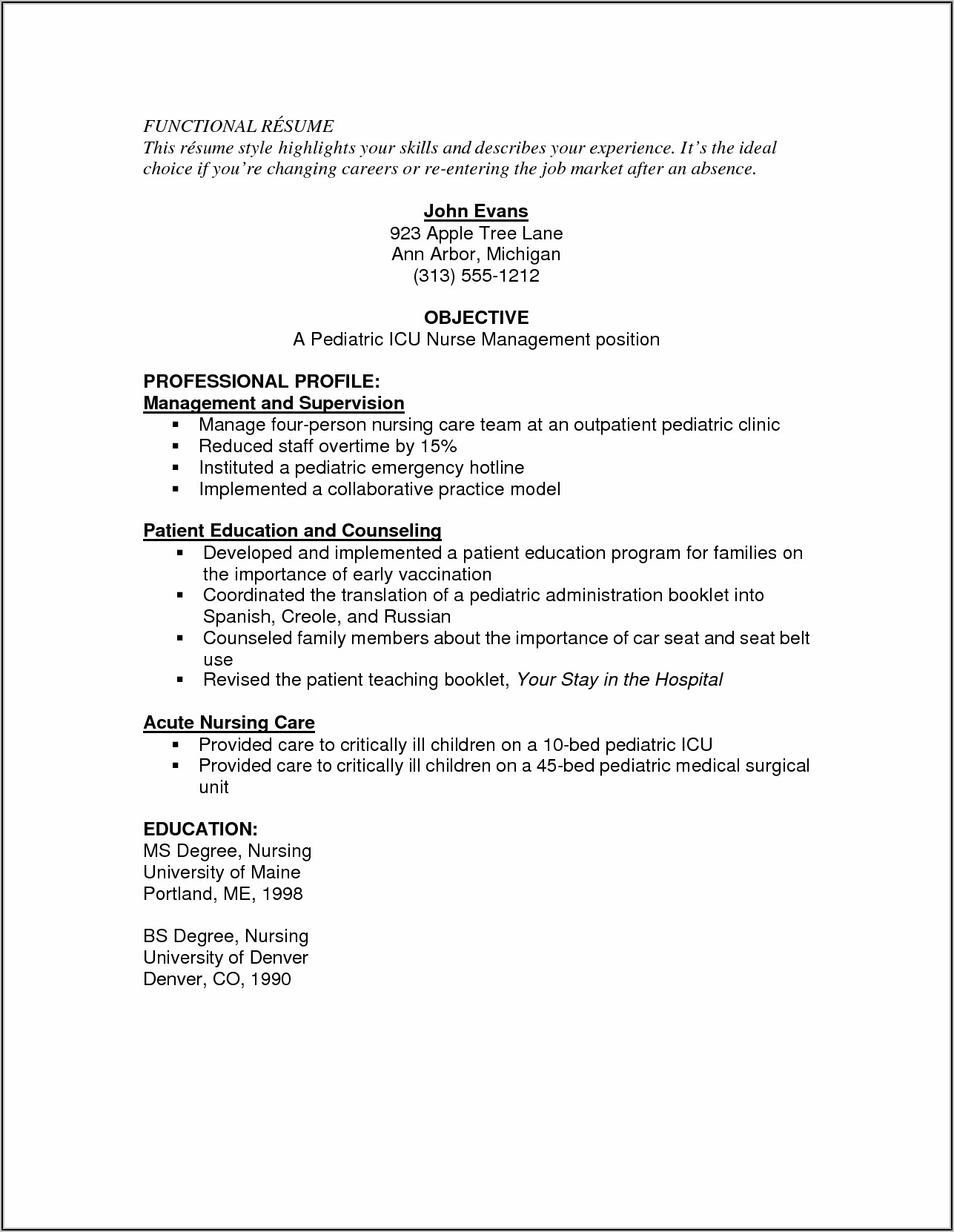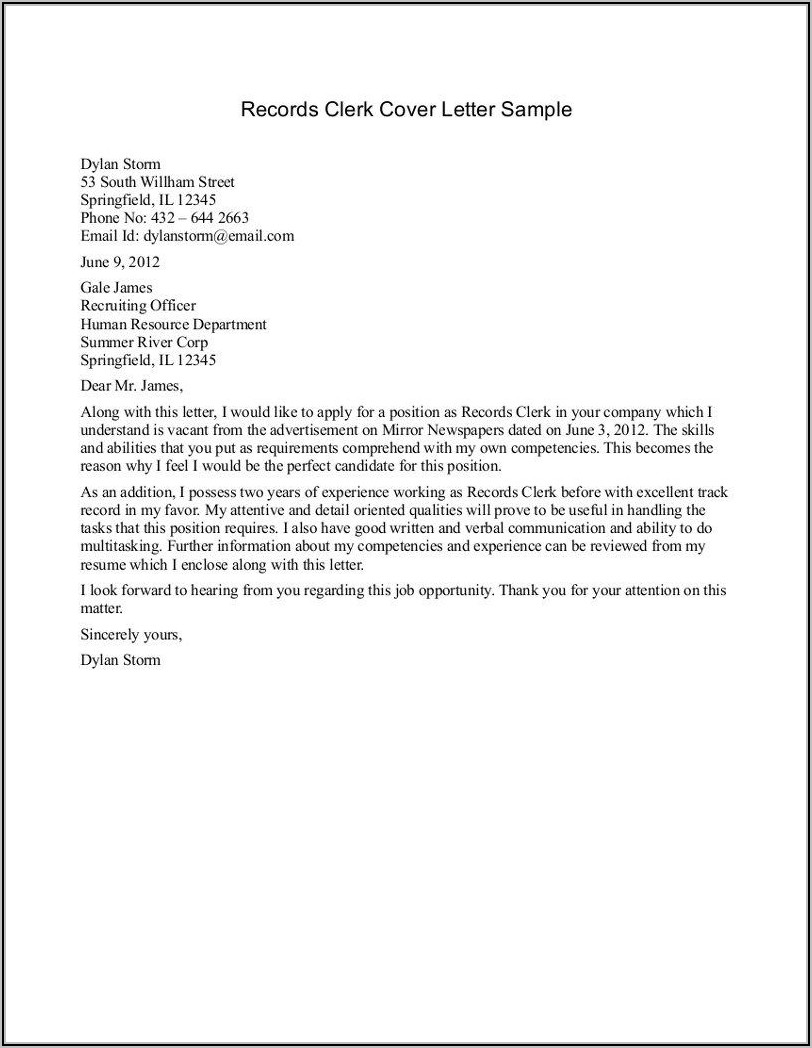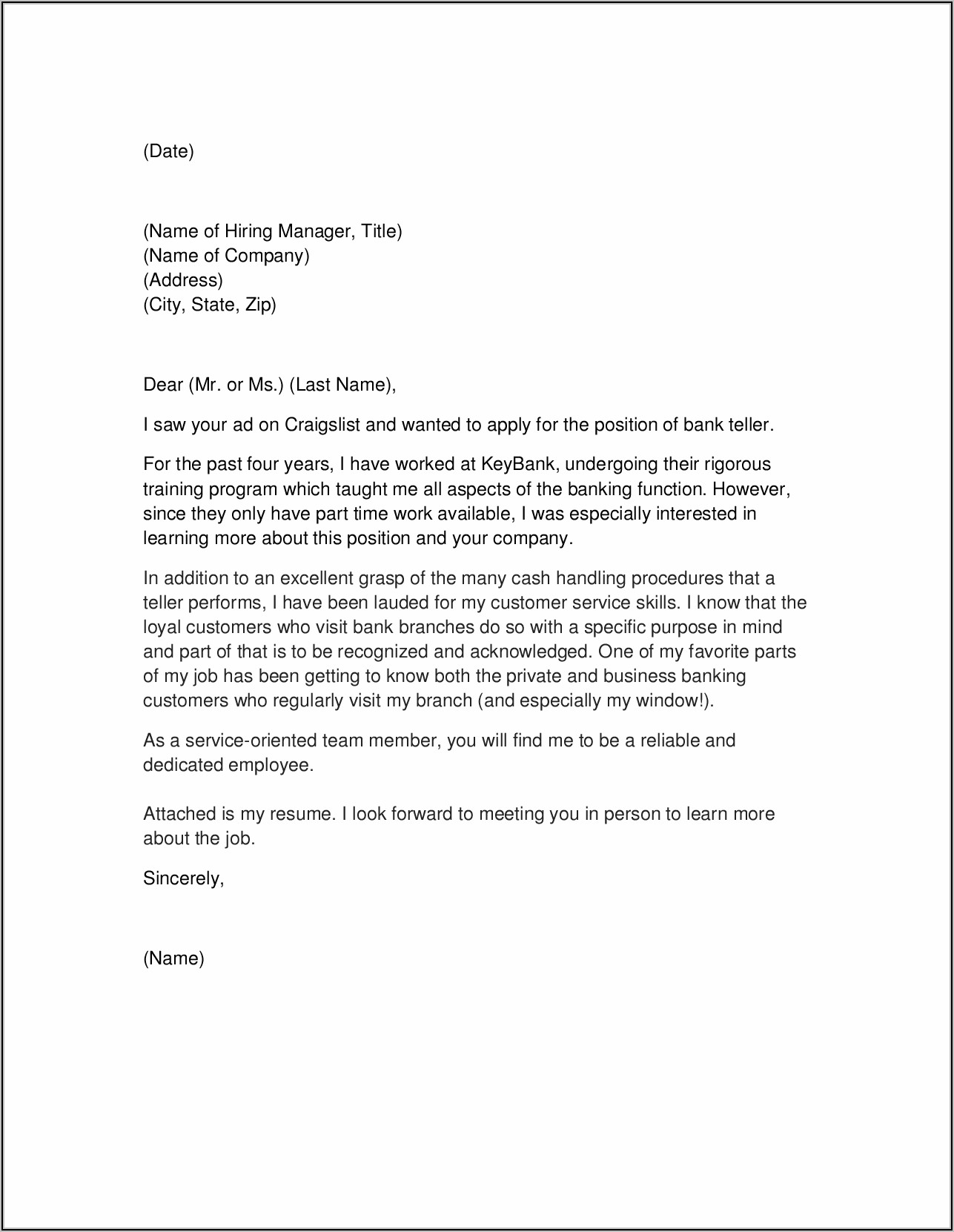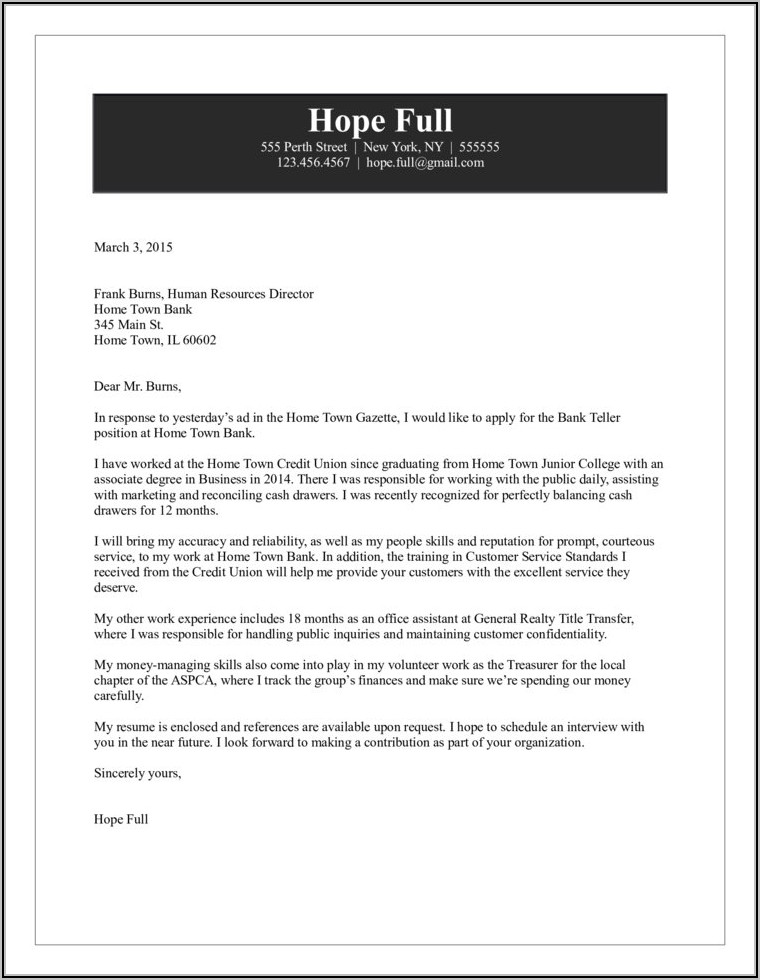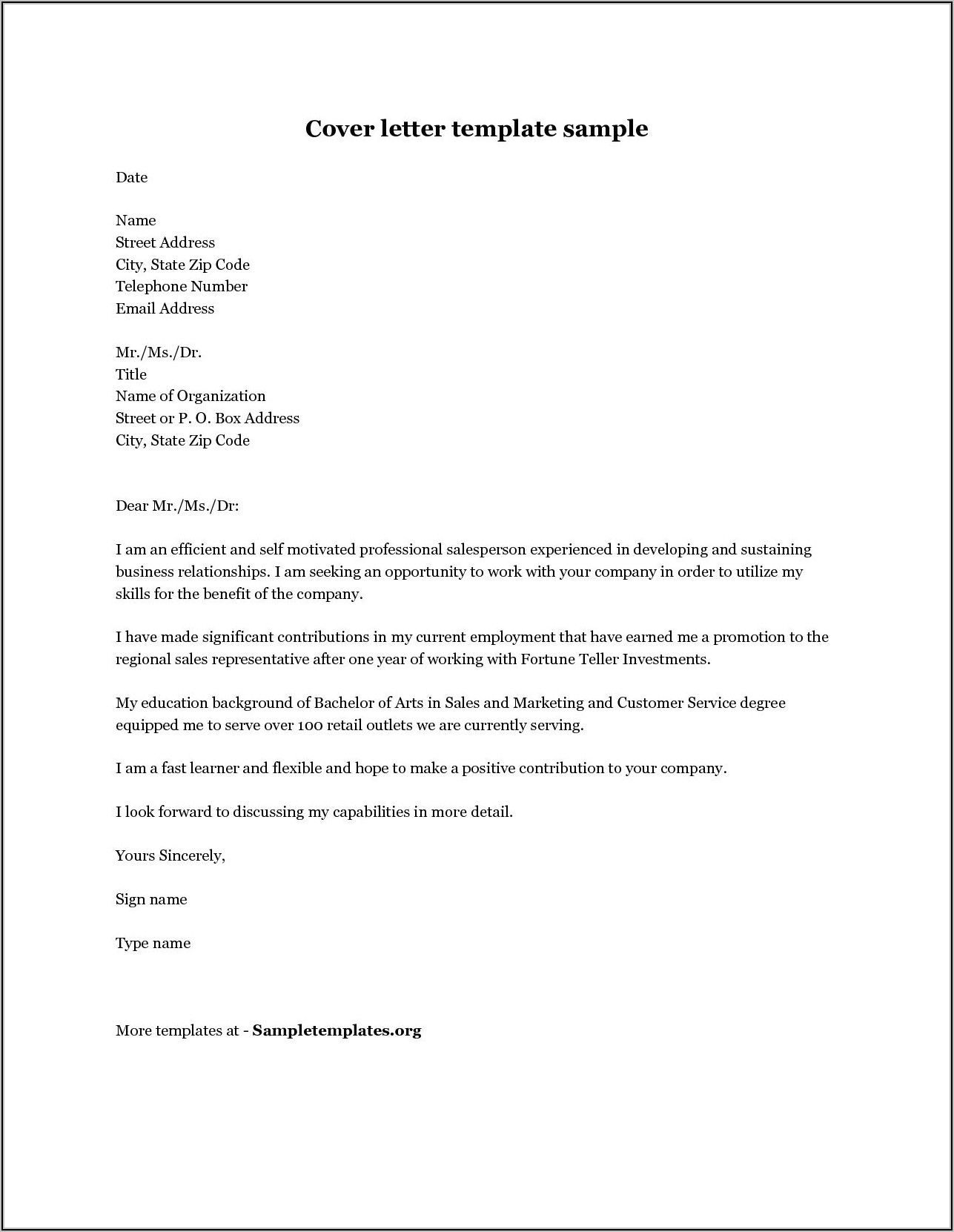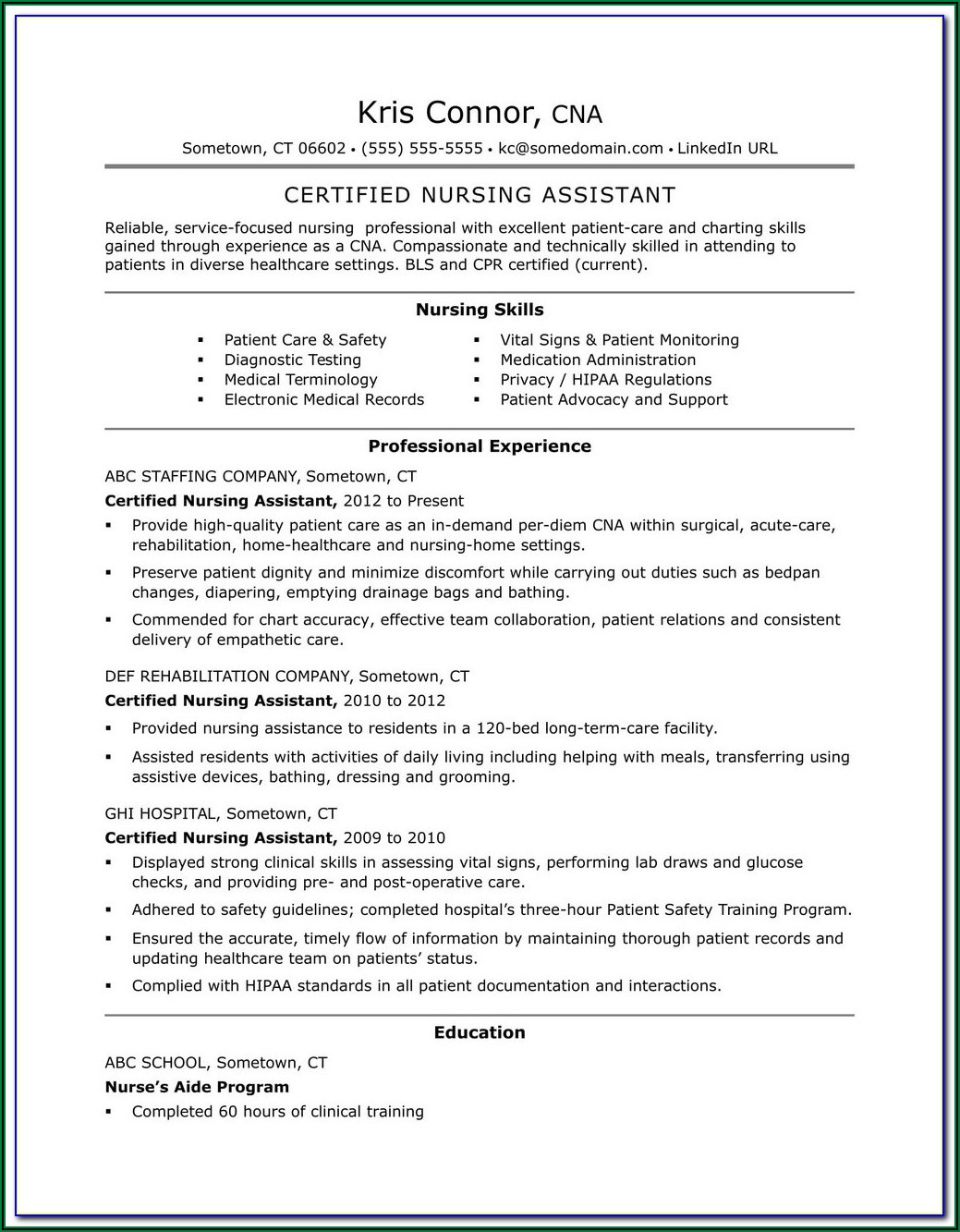1. Use discretion.
Saying exactly what you suppose without giving any study to how others may hear it can be a big mistake. Censuring someone- especially in front of a group-isn’t a wise move. Peppering your reflections with obscenity frequently lowers people’s opinion of you. Speaking against your master when engaging in casual exchanges with associates may damage your chances of being named to stay on if and when lay-offs do. Raising your voice in wrathfulness paints you as out of control. Asking for remission rather of authorization to do commodity does not fly with numerous folks. Betraying confidences can completely ruin your future. The nethermost line? Get rid of these actions presto. Or at least work to dwindle them. None of them serves you well. In fact, they all kill careers. Discretion counts for a lot in the professional terrain, like it or not. Learn to be true to yourself using mores, tactfulness, and good judgment.
2. Be low conservation.
People tend to find demanding associates tedious. Do you know anyone who constantly complains about the air exertion, the choices of snacks in the machine, the style of their president, the size of their office, the flavor of cutlet notoriety brought to the office moment? Similar individualities are what we call” high conservation”. Nothing ever suits them. Groaning about little effects is a way of life for them. Making mountains out of molehills is part of who they are. This geste saps energy from everybody aroundthem.However, stop it now, If you’re doing any of this. Indeed if you’re a high pantomime but are also high conservation, you weaken your position in the company. Your administrator may be tired of you, and, when an occasion to zap you arises, you may find yourself gone. It isn’t enough to exceed in your job duties. You have to be affable, agreeable, and kindly royal to work with. Avoid being a nuisance.
3. Ask the right questions.
There are three types of workers those who infrequently if ever ask questions; those who ask lots of questions but many with any substance; and those who ask good, applicable clarifying or study- provoking questions. Make sure you’re in the third order. Heads generally admire and appreciate questions, but only those that make sense and add value to the discussion. Do not seek attention by seeing how numerous picky or silly questions you can muster duringmeetings.However, figure out how to condense them into a couple that reflect serious allowing about the subject on the table, If you’re asking numerous meaningless questions. By doing so you can impress your administrator as well as your peers. Over time, people look forward to your benefactions rather than roll their eyes the nanosecond you open your mouth. The right questions enrich dialogue; too numerous questions or the wrong questions abstract from it.
4. Suppose strategically.
It’s too easy to concentrate on that published job description, do what you’re told, and work in a silo. Rather, proactively get clear on all of your liabilities and tasks, understand why you’re doing what you do, examine how it fits into the association, and find out how it impacts others with whom you work. Strategic thinking, infrequently demonstrated by workers, is greatly valued by top directors. Learn to do it, and you’ll keep your job in utmost cases. Strategic thinking involves regular analysis and evaluation. It’s working with purpose-in a certain direction-toward a planned thing or outgrowth. Muddling through the days on autopilot isn’t an option in moment’s frugality. Use your brain power to get creative, cooperative, and conscious. Yes, conscious. Come conscious of every single thing you do, why you do it, how you do it, and the value it adds to the whole.
5. Exceed prospects.
One sure way to keep your job moment is to go beyond the call of duty constantly. Look for openings to do more, to attack commodity uniquely, and/ or to negotiate commodity briskly. Come into the office beforehand. Stay late. Maybe not every day, butoften.Show action. Radiate energy. Look alive. Make other people’s work day lightly, happier, lighter, and you’ll be noticed. Offer to help embrangle down associates with tasks you can do. Run errands for the master. Verbose someone’s wrathfulness. Hear to a peer’s pain. All of these can increase productivity at large. Concerned you will not be paid for these extras? While you may not see factual financial payment, you can anticipate an advanced work terrain, healthier connections, and overall less stress. Those prices alone are worth your time and trouble.
6. Make your master shine.
Directors love to look good in front of their administrators and Board of Directors. You can play a part in that if you are smart. Put aside your particular passions about your master, and do whatever it takes to help him shine. When he shines, you do too. It’s a palm- palm situation. Numerous folks inaptly suppose that, if someone differently receives praise, they’ve lost commodity because of it. This couldn’t be further from thetruth.However, get relieve of it, If you have that station. Such an station can only hurt you. By regularly contributing to your master’s success you have openings to earn recognition, develop fresh chops, elevate your professional status, and perhaps indeed achieve that long sought-afterpromotion.However, learn to manage those negative passions, If you do not like your master. Keep in mind that, by helping him get ahead, you may just enhance your relationship with the person who makes sure you admit a stipend.
7. Consider the big picture.
Do not work in a vacuum. Realize that everything you do in a day affects the entire association. Assess your sweats, station, and geste to see if they are having a positive, negative, or neutral impact upon the company. Remember the ripple effect? Suppose of yourself as one gravestone in the sluice. That one gravestone matters. Make sure you are not simply doing a job. Commit to purposely contributing to the fulfillment of the strategic plan. This sounds daunting, but it’s really veritably possible. In fact, it’s completely possible. When you truly grasp the big picture-the organizational charge and vision-you want to make a significant difference and you find inspiring ways to do it. You have to decide are you satisfied with a fear- grounded life consumed with hoping you will keep your job, or are you willing to take purposeful way to grow your current position into commodity lesser and richer than it appears on paper? What do you really want? When you know, go after it. Sitting around wondering if you will lose your employment only tears you down.
Sylvia Hepler, Owner and President of Launching Lives, is an superintendent and career trainer/ counsel grounded in South Central Pennsylvania. She connects with guests primarily by phone with in-between emails if asked. Her ideal guests are elderly position commercial directors and nonprofit administrative directors who are willing to commit to working steadily and diligently to move from their current status of stuckness to lesser clarity, bettered tone- confidence, increased skill, and deeper sense of purpose. Her charge is to support directors as they get unstuck, reduce gratuitous suffering, and increase balance in their lives.Ms. Hepler’s background includes tutoring, public speaking, retail deals, freelance jotting, and administrative leadership of a 14 county nonprofit association. She has a working knowledge of staff supervision, Board development, Quality Management, SWOTT Analysis, the hiring and blasting of workers, charge/ vision development, networking, and organizational collaboration.Ms. Hepler demonstrates keen perceptivity into mortal actions, exceptional capability to prioritize systems and tasks, and bulls eye skill around matching applicable communication strategies with particular situations. Her deep empathy coupled with a no- gibberish approach yields nippy, noteworthy results with utmost guiding guests.



